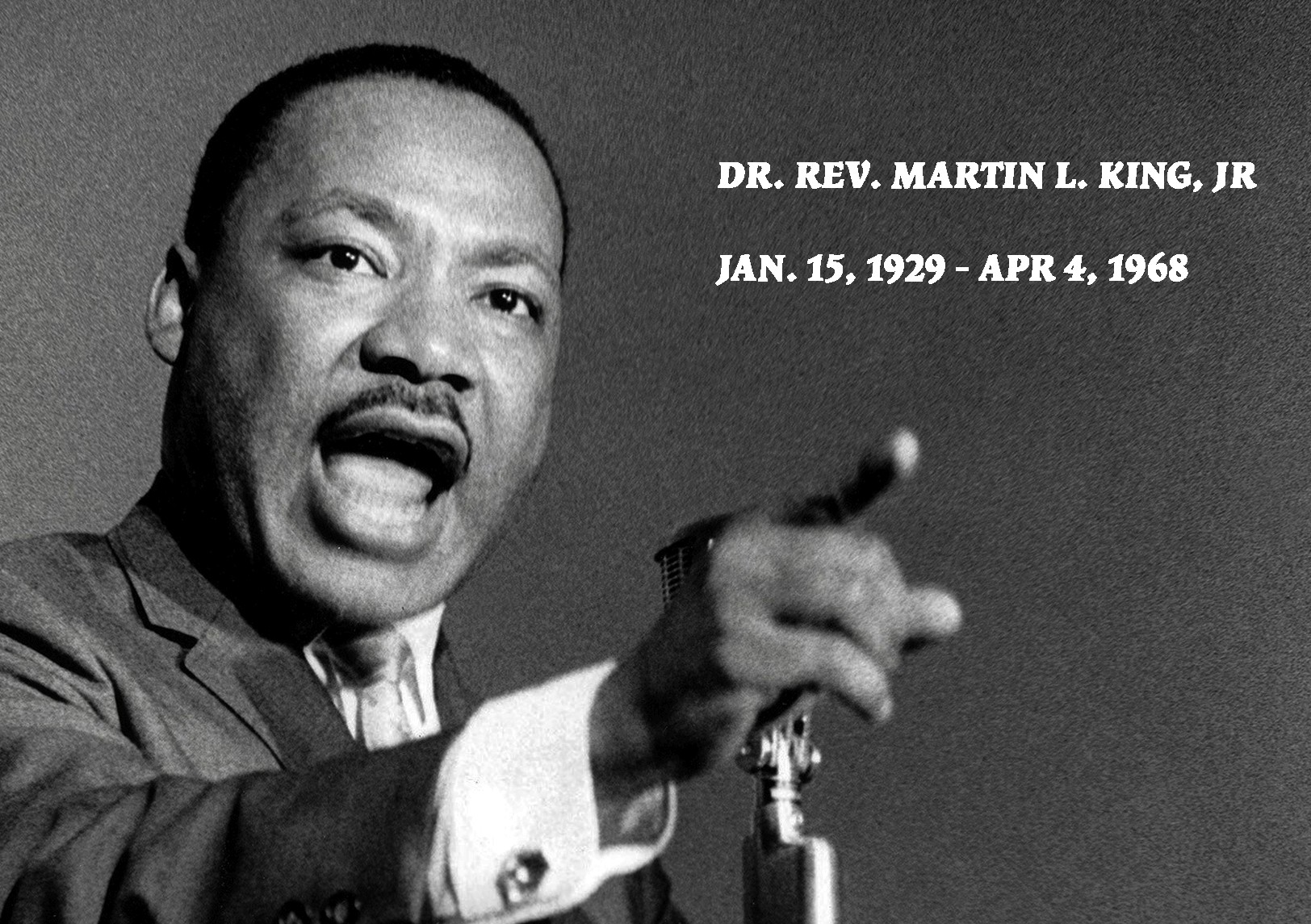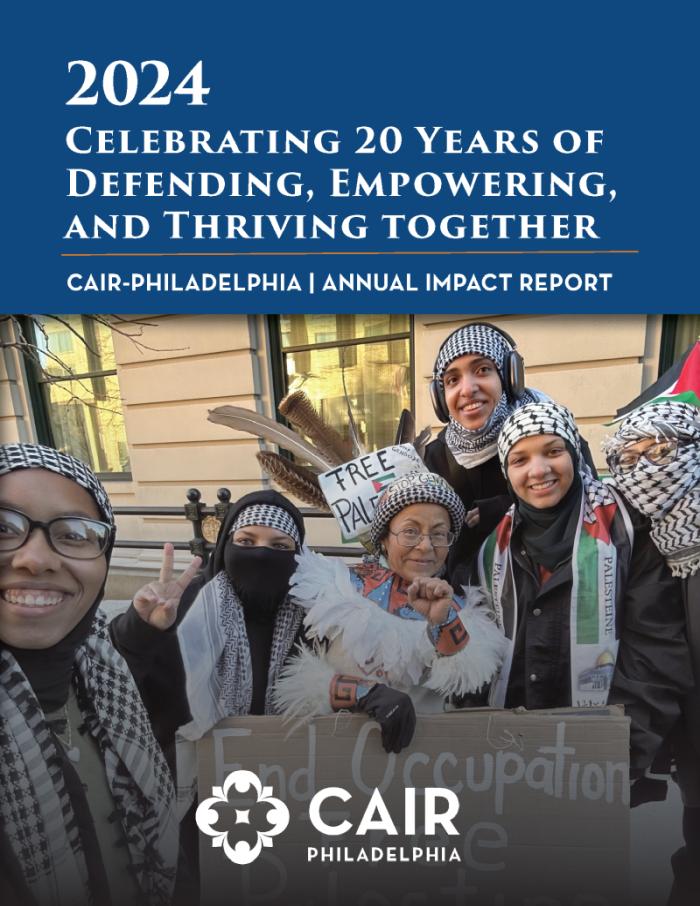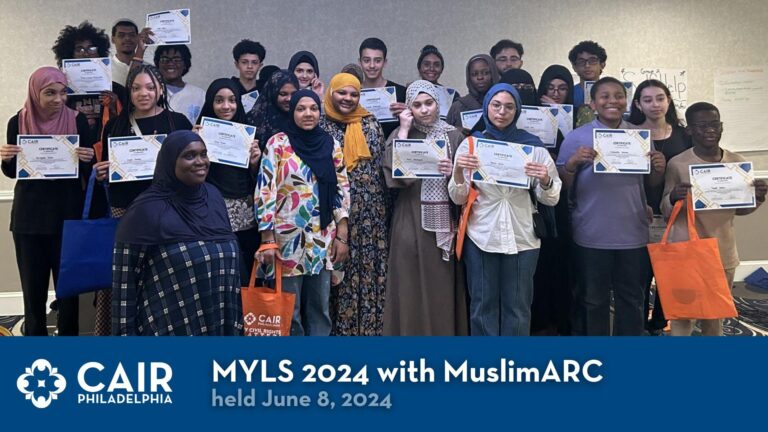On the afternoon of the 4th day of April in the momentous year of 1968, I was on the way home from school when I heard on the radio about the assassination of Rev. Dr. Martin Luther King, Jr. in Memphis. Walking into our family home, I found my father sitting in front of the television, watching news of the assassination, his body already racked by the spreading cancer that would kill him exactly one year later. He was crying. It was the only time I ever saw my father cry.
Later that same day, with insurrectional violence beginning to break out in cities across the nation, Bobby Kennedy, in the middle of his doomed campaign for the presidency, spoke to a crowd at the Indianapolis Airport, informing them of Dr. King’s death. His historic speech, still relevant these 53 years later, included these words, “There are those who look at things the way they are, and ask why? I dream of things that never were, and ask why not?”
I paraphrased Bobby Kennedy’s words in “The Gathering”, CAIR-Philadelphia’s virtual multi-media production on March 27:
CAIR gives us hope and allows us to dream
of a world no one has yet seen
A world filled with compassion and mercy
Created by The One Who gives Emaan and Security
And we try to live by deed and by prayer
Following the Sacred Words of He who is also called “The All-Aware.”
At the time of his death, Dr. King was involved in organizing support for his Poor People’s Campaign. It was not going well. The Campaign was founded on Dr. King’s developing belief that political equality for Black people could never be achieved without a structural redistribution of wealth in American society.
Furthermore, Dr. King’s open condemnation of President Johnson’s war in Viet Nam was met with a stony silence, if not outright opposition, from many of Dr. King’s former allies in the Black clergy and among white liberals. Dr. King’s belief in the moral necessity of making political connections between issues (“intersectionality” in today’s vocabulary) is as relevant today as it was in the 1960s.
Whenever I hear someone say that Black Lives Matter is not an Islamic issue, or that the climate crisis is not a Jewish issue, or that income inequality is not a Christian issue, I think of Dr. King’s stirring words at New York Riverside Church a year before his death where he denounced — once again — America’s immoral war on Viet Nam, and announced, together with Rabbi Abraham Joshua Heschel, the creation of a new national organization called “Clergy and Laity Concerned About Viet Nam.”
CAIR, this organization that I am privileged to lead in Philadelphia, follows in the journey of justice trod by Dr. King and his allies over half-a-century ago. Whether it is Iftekhar Hussain’s teaching Jews and Christians about Islam, or Timothy Welbeck defending the constitutional rights of American Muslims in court, or Ahmet Selim’s tireless outreach to community partners far and wide, or Leena Jaffer’s brilliance in organizing our office, or Osama al-Qasem’s seemingly miraculous ability to generate donations for CAIR-Philadelphia, or the countless hours of labor contributed to CAIR by our Executive Committee and Advisory Board, now is the time for the Muslim community to guarantee that CAIR-Philadelphia can continue on it’s historic journey. I humbly ask for your support and blessings.






